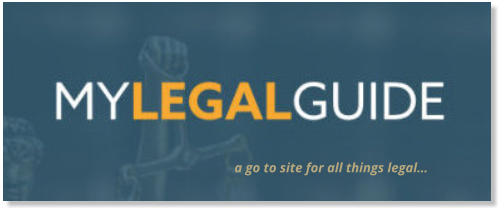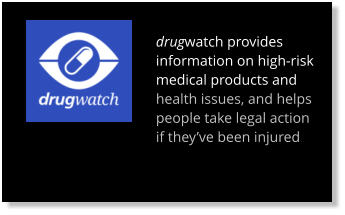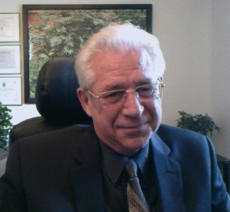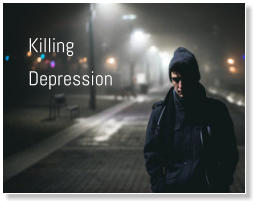Erle
Jaeger
is
a
Marriage
and
Family
Therapist
and
a
Registered
Clinical
Counselor
with
the
BCACC.
Erle
has
been
a
Mental
Health
Professional
for
over
30
years
-
providing
therapy
to
individuals,
groups,
couples
and
families.
How we are adapting to COVID-19
In the last year we have seen unprecedented changes to the way we work, play and relate to one another as the result of COVID-19. Many businesses have attempted to stay relevant to their customers by focusing on “online service delivery”. New government regulations regarding “face to face interactions” within clinics, hospitals and private practices have created barriers for people needing access to mental health services. To help meet this demand, Erle offers online therapy, phone sessions and home visits.
Erle Jaeger 778.281.1287 Email ejaeger4@gmail.com









Erle
Jaeger
is
a
Marriage
and
Family
Therapist
and
a
Registered
Clinical
Counselor
with
the
BCACC.
Erle
has
been
a
Mental
Health
Professional
for
over
30
years
-
providing
therapy
to
individuals,
groups,
couples
and
families.
How we are adapting to
COVID-19
In the last year we have seen unprecedented changes to the way we work, play and relate to one another as the result of COVID-19. Many businesses have attempted to stay relevant to their customers by focusing on “online service delivery”. New government regulations regarding “face to face interactions” within clinics, hospitals and private practices have created barriers for people needing access to mental health services. To help meet this demand, Erle offers online therapy, phone sessions and home visits.




















